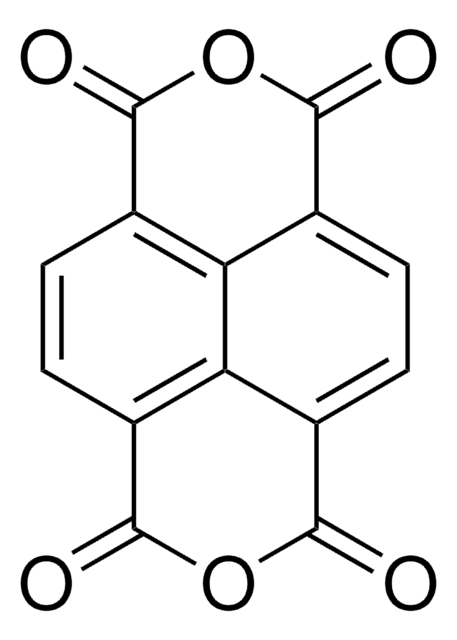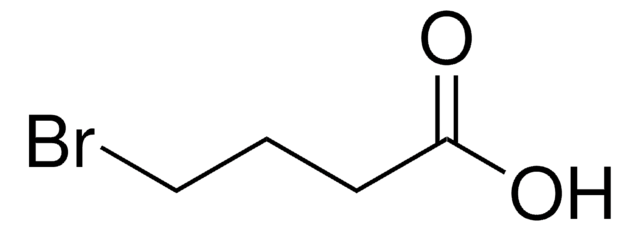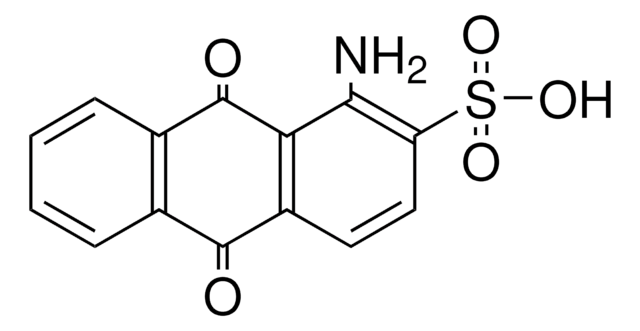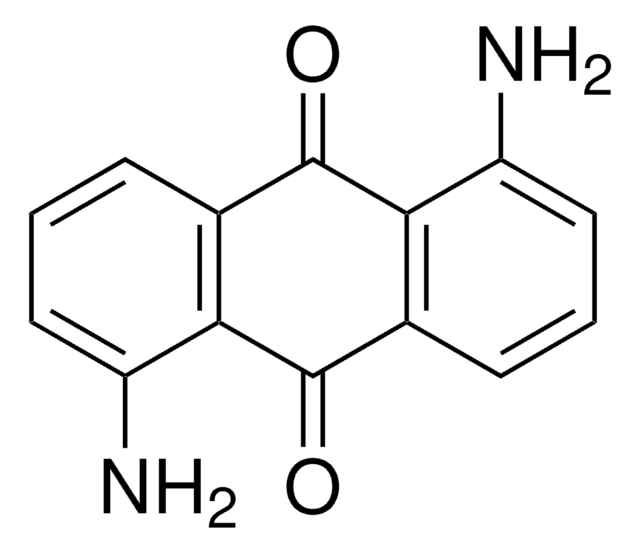456063
Bromaminic acid sodium salt
Synonym(s):
1-Amino-4-bromo-9,10-dihydro-9,10-dioxo-2-anthracenesulfonic acid sodium salt
About This Item
Recommended Products
Assay
>83.0% (HPLC)
Quality Level
form
powder or crystals
mp
>300 °C (lit.)
application(s)
diagnostic assay manufacturing
hematology
histology
storage temp.
room temp
SMILES string
[Na+].Nc1c(cc(Br)c2C(=O)c3ccccc3C(=O)c12)S([O-])(=O)=O
InChI
1S/C14H8BrNO5S.Na/c15-8-5-9(22(19,20)21)12(16)11-10(8)13(17)6-3-1-2-4-7(6)14(11)18;/h1-5H,16H2,(H,19,20,21);/q;+1/p-1
InChI key
TXMRAEGWZZVGIH-UHFFFAOYSA-M
Looking for similar products? Visit Product Comparison Guide
Signal Word
Warning
Hazard Statements
Precautionary Statements
Hazard Classifications
Eye Irrit. 2
Storage Class Code
11 - Combustible Solids
WGK
WGK 1
Flash Point(F)
Not applicable
Flash Point(C)
Not applicable
Personal Protective Equipment
Certificates of Analysis (COA)
Search for Certificates of Analysis (COA) by entering the products Lot/Batch Number. Lot and Batch Numbers can be found on a product’s label following the words ‘Lot’ or ‘Batch’.
Already Own This Product?
Find documentation for the products that you have recently purchased in the Document Library.
Our team of scientists has experience in all areas of research including Life Science, Material Science, Chemical Synthesis, Chromatography, Analytical and many others.
Contact Technical Service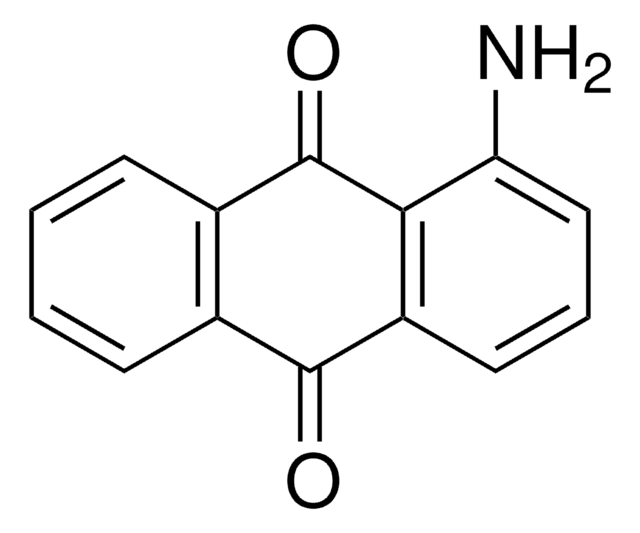
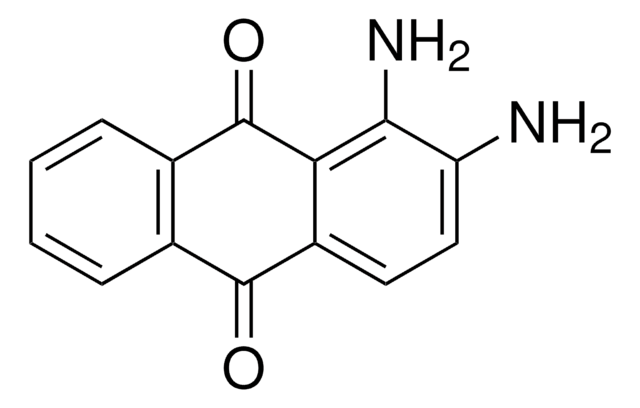

![1,3-Bis[4-(dimethylamino)phenyl]-2,4-dihydroxycyclobutenediylium dihydroxide, bis(inner salt) Dye content 90 %](/deepweb/assets/sigmaaldrich/product/structures/301/519/500149b3-198c-44cf-b952-7e91f54fc48e/640/500149b3-198c-44cf-b952-7e91f54fc48e.png)
